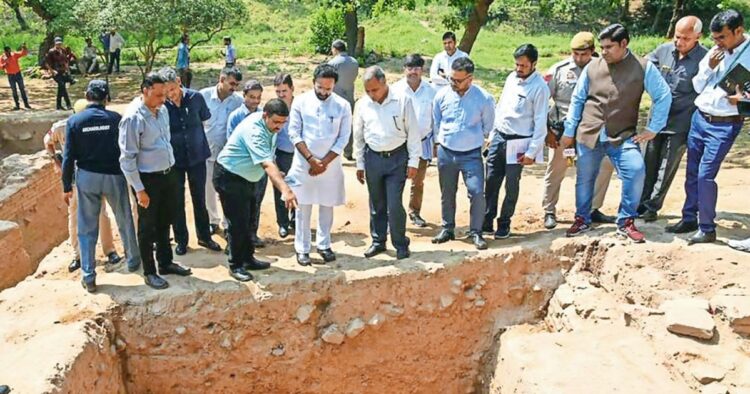The Archaeological Survey of India (ASI) has come up with a decision to outsource some of its excavation projects to state archaeological departments and universities to address a shortage of staff and resources.
The ASI is finding it challenging to handle all projects independently. The ASI will collaborate with external agencies to manage smaller, site specific excavations, while continuing to over see larger and more complex projects. These outsourced projects will be fully funded through the ASI’s annual excavation budget for the first time.
The ASI will collaborate with external agencies to manage smaller, site-specific excavations, while continuing to oversee larger and more complex projects. For the first time, these outsourced projects will be fully funded through the ASI’s annual excavation budget.
The ASI will retain full control over these projects, ensuring they adhere to its guidelines. The ASI will monitor the progress and step in to offer expertise if any discoveries are made or if the work becomes more complicated than expected.
This move is aimed at expanding the ASI’s ability to explore and preserve India’s rich archaeological heritage. Despite the Archaeological Survey of India (ASI) approving multiple excavation proposals each year, a large number of these projects remain stalled due to limited staffing and resources.
In the 2022-2023 period, the ASI gave the green light to 31 excavation sites across India, including key locations like Rakhigarhi in Haryana, Purana Qila in Delhi, and the Church of St. Augustine in Goa. However, many of these excavations have yet to start due to a shortage of personnel and funding. The ASI receives close to Rs 1,000 crore annually from the Ministry of Culture, only a small portion of this budget is allocated for excavation work.

















Comments